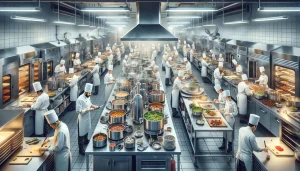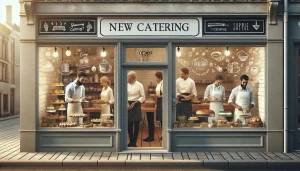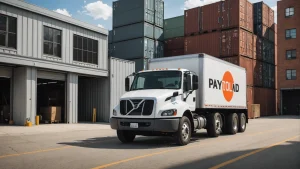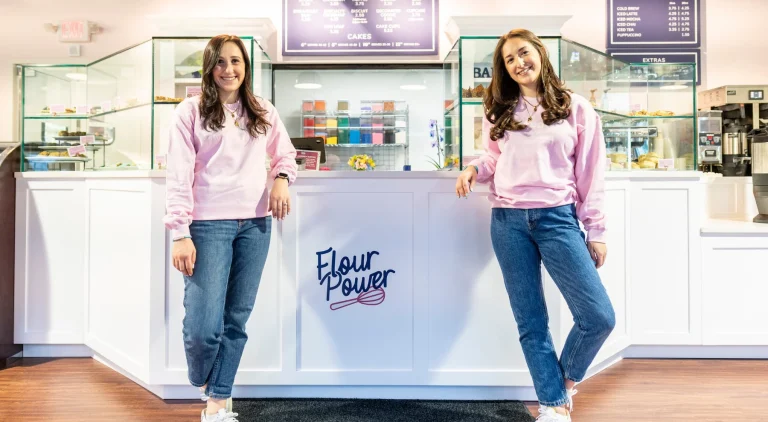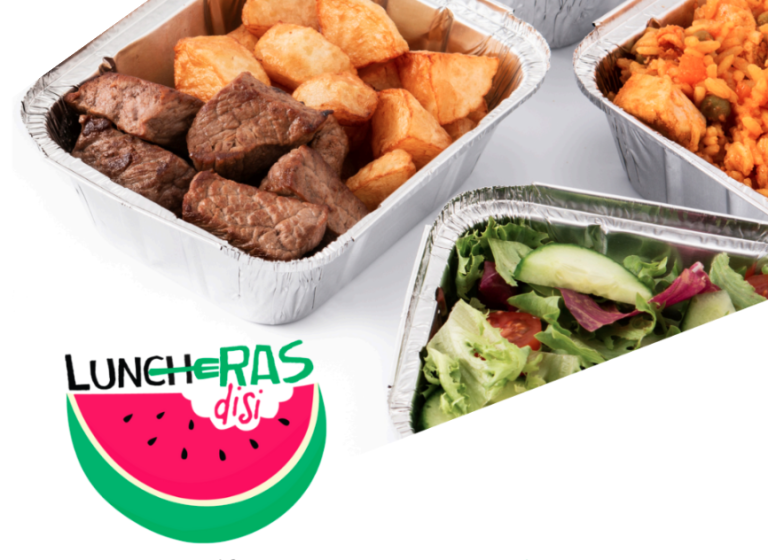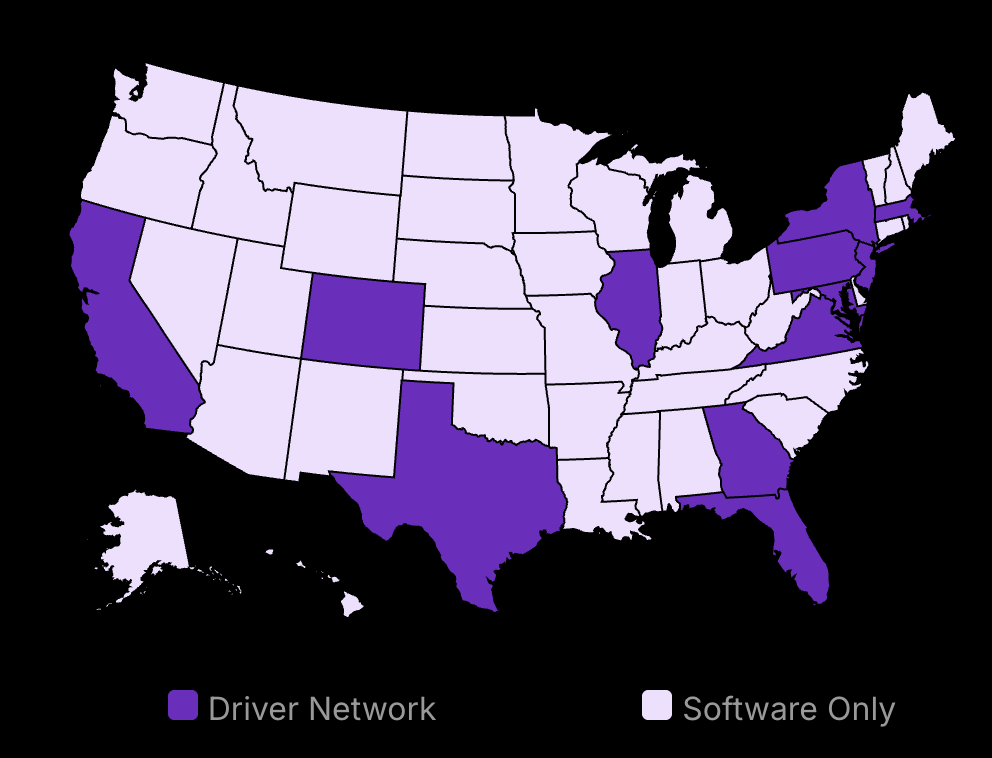Starting a new catering business? Our stomachs churn just thinking about that prickly statistic – 90% of newbies flounder in the first twelve months. Picture Usain Bolt solo on the track, racing not fellow athletes, but the harsh ticking of the clock, re-framing the epic struggle facing many entrepreneurs.
Your venture is Bambi on ice, teetering at the brink of joining the 90% casualty. But here’s the golden ticket: not every startup has to write its obituary in the maiden year. Like applauding Bolt’s triumph, we’ll walk you through the gauntlet to be that exceptional 10% victor.
Let’s gear up for an adventure – survival against the odds, your odds. It’s about smart tactics and deft maneuvering, not just about whipping up a culinary storm to have a successful catering business. Ready for the secret recipe?

Metrobi drivers are rated 4.97 out of 5
Trusted by local businesses for:
- Background-checked professionals
- Specialized in business deliveries
- Same drivers for consistency
- 4.97/5 average delivery rating
How to Craft a Winning Catering Business Plan
Step 1: Define Your Catering Company Concept
Having a crystal clear catering business concept is the pillar of your venture. It’s the heart and soul of the catering companies This isn’t about what dishes you will be serving; it’s about defining why you’re venturing into this industry and what sets you apart from the rest. Explore the essence of unique catering service businesses with Metrobi’s insightful guide, illustrating the significance of a distinct concept in blending innovative culinary practices with standout event execution for unforgettable gastronomic journeys.
A distinct concept does more than make your business memorable; it draws in your target audience and makes your establishment stand out against competitors. Think of it as a brief statement that encapsulates your business ethos, mission, vision, and unique selling propositions (USPs).
Crafting Your Business Concept
Start by listing what differentiates your catering business – your theme, special dishes, unique service style, how you source your ingredients or any other aspect that sets you apart from your competitors.
Then, write a brief yet comprehensive statement of the business plan that captures all these elements. This needs to be concise yet persuasive, something that stirs interest and curiosity. Remember, this concept statement will be your tool to draw people to your business.
Step 2: Conduct a Market Analysis To Start a catering business
Understanding your market inside-out is crucial. It’s more than knowing who your competitors are; it’s about understanding market trends, what your potential customers want, what they are willing to pay, and how you can meet and exceed their expectations.
Massive Catering Employment 🍴
These services employ over 260,000 people across the country.
Performing a Thorough Market Analysis
Knowing your potential client’s needs and preferences and the trends dominating the sector will empower your decision-making and help you deliver what people want, not just what you want to serve.
Delve into industry reports, read articles, survey potential customers, and use social media platforms to gather in-depth information. Do not rush this process; high-quality data helps craft high-quality strategies for catering services.
Catering Industry Revenue 💰
The U.S. catering industry's annual revenue amounts to $11 billion.
Step 3: Develop a Financial Plan To Start a catering business
Your financial plan is your survival kit in the business jungle. It not only outlines your budget and expected costs but also your revenue projection and profitability. Dive into the intricate ecosystem of the catering industry with Metrobi’s detailed exploration, illustrating the fusion of financial strategy and culinary innovation for thriving business success.
Building Your Financial Blueprint
Without a detailed financial blueprint, even the most exceptional catering business idea can go under. It should lay out everything – your business structure, initial capital, variable costs, overheads, revenue milestones, and profitability timeline.
Transparency and precision are paramount here. Misjudged numbers and overlooked costs can be fatal. As you chalk out your startup costs, be lavish with your estimations. Keeping buffer funds for unexpected expenses will save you from unpleasant surprises.
Armed with a clear business concept, comprehensive market understanding, and a robust financial plan, you’re now ready to go toe-to-toe with the 90% that don’t make it past year one starting a catering business. Let’s proceed and re-imagine the main tool of the trade – your catering menu.
Catering Business Startup Costs 💸
The startup costs for launching a catering business can range between $39,000 and $196,000.

Metrobi is transforming catering deliveries
Specialized solutions for catering businesses:
- Catering-trained drivers
- Proper handling equipment
- Peak day delivery support
- 23% average cost reduction
Designing a Mouth-Watering Catering Company Menu
Creating an attractive catering menu is akin to artistry with food. It’s about striking the perfect balance between understanding what your potential clients want and offering a menu that stands out. Let’s dive into the strategies.
Understanding Your Target Market’s Preferences
The first step in designing a desirable menu is to know who you’re cooking for. Are they corporate events? Weddings? Parties? Gatherings? Each has a distinctive taste palette that your menu should cater to. For example, if you are targeting corporate events, you may want to offer light, healthy, and easy options, considering the atmosphere of a business meeting.
Knowing your target market will not only help you craft a menu that’s in demand, but also inform the pricing, presentation, and portioning of your meals of your catering company. Remember, the aim is not only to satisfy hunger but also to create an unforgettable experience.
Balancing Variety and Specialization For New Catering Business
Once you’ve established who you’re catering to, the challenge becomes offering a menu that renders plenty of variety while distinguishing your catering company. Your menu should not be overwhelmed with choices, but neither should it lack options. Use your knowledge of the target market to develop a tight, targeted selection of dishes that you can do exceptionally well. Preparing food is the key point of own catering business.
Providing specialization while maintaining variety can seem like a tightrope walk, but it’s the key to standing out. For instance, offering a few lesser-known but exquisite dishes could be your signature that sets you apart. Ensure they align with your audience’s palette and you’ve got a winning menu at your hands.
As you pen down your menu, keep it flexible. Catering is a business that thrives on customization. Often, you’ll find clients requesting adjustments to suit their event theme or dietary needs. Preparing for such alterations will serve you well in setting a positive impression on your clients.
Congratulations, you’re now equipped to create a captivating catering menu. Let’s get ready to impress those tastebuds!
Effective Catering Marketing Strategies
Every savvy business owner recognizes that mouth-watering cuisine alone won’t guarantee success. Exceptional marketing is critical, helping distinguish your business amidst fierce competition for catering jobs.
Utilizing Social Media
Social media isn’t just for selfies and viral videos; it’s an essential tool for businesses, including new catering outfits. A strategically implemented social media plan can help capture potential customers’ attention and convince them to choose your services over your competitors.
The typical social media user spends nearly two and a half hours on these platforms every day. Instead of advertising in traditional ways that might go unnoticed, why not meet your potential customers where they already are: in their digital space? Whether it’s tantalizing photos of your recent catering gig on Instagram, connecting personally through Facebook, or sharing interesting food facts on Twitter – social media offers abundant opportunities to engage customers and cultivate an ongoing relationship.
Social Media's Influence on Buying Decisions 🛒
80% of consumers say that social media helps them decide whether or not to buy a particular product.
Building a Strong Online Presence
In today’s digital age, an effective online presence is essential for any business, and catering businesses are no exception. Having a well-designed website that radiates your brand’s professionalism and reliability may be the difference between securing that big contract or losing it to a rival.
Your website isn’t just a digital business card; it’s an online ambassador, conveying your value proposition, demonstrating your top-notch services, showcasing your culinary skills, and giving potential customers an easy way to connect with you. It helps build credibility and could serve as an excellent platform for customer testimonials, further bolstering your business reputation.
Additionally, optimizing for SEO ensures you appear on search engines’ first pages, making it easier for prospective clients to find you. Remember, you’re not only competing with other local catering companies; you’re competing with all the noise on the internet.
Importance of Online Presence for Businesses 🌐
81% of shoppers conduct online research before making big purchases.
Catering Equipment Essentials
First-rate catering service relies heavily on two components: culinary expertise and top-quality equipment. It can be the determinant factor in whether your catering business thrives or tails off. Elevate your catering service to new heights by embracing the advantages of a commissary kitchen for catering, your ultimate tool for culinary excellence and operational efficiency.
Essential Kitchen Equipment
To truly hone your catering services, having appropriate kitchen equipment is paramount. Without it, it’s like going to battle without a full arsenal – the result could be disastrous.
First off, you’ll need catering supplies designed to handle large volumes of food. Industrial ovens, commercial range cookers, convection ovens, and industrial mixers are some of the fundamental tools for your kitchen. Most of your cooking will be done on these appliances, so investing in durable and efficient models with good after-sales service will pay off in the long run.
For food preparation, countertop essentials such as cutting boards, knives, saucepans, and measuring tools are indispensable. They may appear as small investments, but they are as crucial to your kitchen operation as your larger appliances, if not more so.
In conjunction with these, food storage facilities such as industrial freezers and fridges are a must to maintain your ingredients’ freshness and to store prepared dishes. Pair this with ample shelving and storage options, so everything is well-organized and at your fingertips.
Catering Equipment and Supply Costs 🍳
Equipment and supplies for a catering business, including ovens, cookers, refrigerators, and more, can range from $10,000 to $30,000.
Essential Serving Equipment
While the kitchen is the heart of your operations, the serving area is the face of your catering business requires well. This is where guests will interact with your services, and also form impressions of your catering business based on it.
Investing in quality serving ware is crucial. Display trays and chafing dishes keep food warm and presentable. Likewise, you’ll need serving utensils that are sturdy and pleasing to look at. Remember that guests consume with their eyes first, and the first impression matters.
Second, mobile storage and transportation equipment like insulated food carriers are crucial to maintaining food temperature, while trolleys and service carts facilitate a smooth serving process.
Moreover, part of your serving equipment should also include linen covers or tablecloths if you are including table setup service. Little details, like the quality and cleanliness of your table linens, can have a significant impact on guest perception.
Keeping your serving equipment clean, functional, and attractive serves to make guests feel valued and ensure the optimal delivery of food from your kitchen to the guest’s plate.
Quality of catering supplies and equipment can equate to long-term business survival, excelling in both the kitchen and on the serving line. It’s a necessary factor for your catering business to be one of the exceptional 10% that soars rather than crumbles.
Navigating the Legalities of a Catering Business
Understanding Catering Business Licenses and Permits
After sorting out what cooking equipment you’ll need, securing the required licenses and permits should be your next priority. Determining the specific documents needed can vary greatly depending on local regulations. To begin with, granting bodies usually classify these permits into two categories: local health department, permits, and food and safety permits. Explore critical steps on how to embark on launching a catering business in 2024, which includes acquiring the right cooking equipment, securing necessary licenses and permits, and understanding local health and food safety regulations to pave the way for a successful venture.
Health Department Permits
Operating a food business generally means having your commercial kitchen inspected for safety measures and cleanliness. Typically, these inspections would cover pest control, waste disposal systems, food storage, and preparation areas.
Food Safety Permits
You may need to complete a food handling and safety course before obtaining your Food Safety Permit. This can cover topics such as hygiene best practices, understanding foodborne illnesses, and safe food storage and temperature guidelines.
Catering Business Insurance
Your transition from the peculiarities of equipment to the realities of licenses presents another crucial aspect – insurance. Insurance is an essential risk management tool. Buying the right insurance policies can protect your catering business from various unexpected scenarios.
General Liability Insurance
One typical insurance coverage new catering businesses consider is General Liability Insurance. This policy can cover costs connected to bodily injuries or property damage occurring during an event or due to your services.
Workers’ Compensation Insurance
If you employ staff, Workers’ Compensation Insurance might be obligatory in your state – ensuring coverage for on-the-job injuries or illnesses.
Food Safety Regulations
Lastly, it’s paramount to understand the food safety regulations in your area. These can dictate everything from food storage and preparation to presentation and transportation. They can have significant implications for your daily operations and your reputation.
Health Inspections
Health inspections are typically a part of food safety regulations. These can be both planned and unannounced, so it’s essential to maintain high standards always.
Food Handler’s Permit
Like the previously discussed Food Safety Permit, some areas require a Food Handler’s Permit. This certifies that your staff is trained in safe food handling procedures.
The mechanics of your catering business are dependent on acknowledging and adhering to the legalities so as not to find yourself within the unsettling statistics of failed companies.
Surpassing the Stats: Carving Your Catering Success Story
Breaking that first-year barrier is tough, and success requires a deep understanding of industry dynamics, a clear business model, targeted marketing, and a keen eye for finances. Be the Business that bucks the trend.
Your success is swaddled in the wisdom to understand your industry, chiseling a clear business model, and honing in on a targeted audience complemented with a sturdy financial plan. This valuable knowledge is your shield against the common pitfalls that new caterers fall into.
So what’s your first move? Start with crafting your business plan thoroughly, focusing on differentiating your services from the competition. Take a close look at your target demographic, strengthen your financial management, and make marketing your secret weapon.
Putting these things into perspective, how far have you come in ensuring your catering business stands out in its first year?
Ready to taste success in the catering industry? Time to get cooking!




